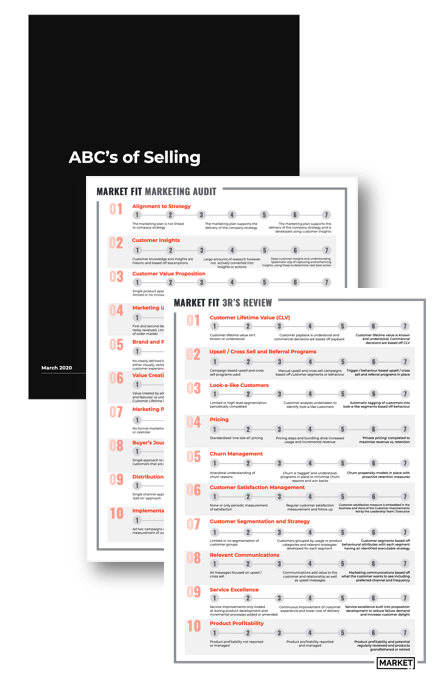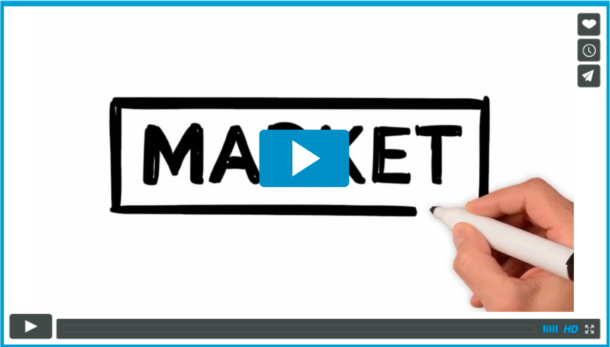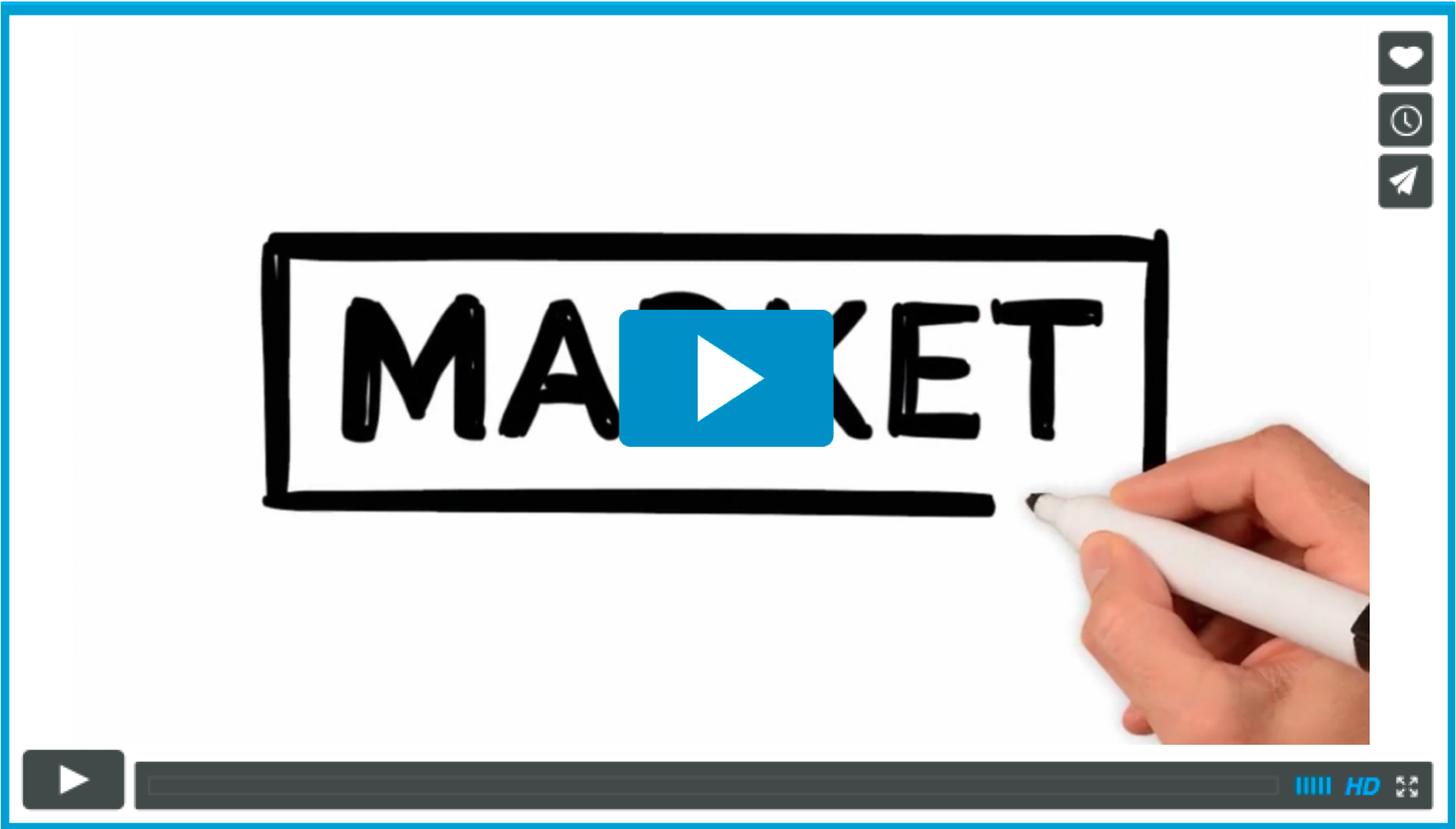Following an earlier blog post Hollywood Disruption, this week came the news an out of court settlement had been reached between a group of media heavyweights (Sky, Lightbox, Mediaworks, and TVNZ) and the ISPs who had been offering their customers global mode.
Background
Global mode is a VPN service that lets users circumvent location restrictions (also known as geoblocking), allowing access to content previously blocked in a user’s territory. Global mode lets a user mask their actual location, appearing as if they are in the US – meaning they gain access to content usually only available to a US consumer.
Access to providers like Netflix US or Hulu gives New Zealand based consumers a wider range of content, often at cheaper rates. Content is often available in the US before NZ, giving global mode users a much better deal than New Zealanders accessing content through local providers. Unsurprisingly NZ broadcasters see global mode as a threat – their addressable market is diminished and “exclusive” content (paid for by the providers at a premium) ends up widely available. Hence the decision to challenge its legality in the courts.
Predictably there was a strong customer backlash against the closure of global mode on consumer forums (jncluding threats to cancel and boycott the local providers who had taken the case). However in seeking to protect geographic exclusivity the media companies did the right thing for their shareholders. Though using a VPN to access overseas services is relativity easy to do, for the time being it remains the domain of early adopters. The threat of such a service moving mainstream was obvious – keeping it out of the mainstream could be worth millions and, crucially, extend the runway in a sector certain to face headwinds and difficult strategic decisions in the near future.
Headwinds.
Any celebration amongst the media companies over the end of global mode will be short lived. This victory does nothing to diminish the deeper strategic issues that both traditional broadcast and pay TV media are grappling with. These include:
- Content Part 1… as argued on a previous blog territorial deals will become global deals. Local providers will struggle to differentiate on content.
- Content Part 2… distributors are moving onto the producers’ turf. Amazon and Netflix now produce Emmy winning content such as House of Cards and Orange Is The New Black – local producers cannot hope to match the bottomless pockets of the tech/distributor giants.
- Content Part 3… original content isn’t the only battleground for local providers. The NFL and the NRL are just the start of sport looking for global deals for their output.
- Content Part 4… this issue is bigger than NZ. When a seemingly strong link as the BBC and the Olympics can be shattered by a global platform you start to see the size of the challenge.
- On top of the content challenge, viewers are deserting TV in general, often for digital. The hours a US consumer spends watching traditional TV has dropped from 147 hours to 141 hours per month.
- As internet has supplanted traditional delivery platforms like satellite or local spectrum rights, the cost to entry has plummeted. Accompanying this shift in delivery costs, NZ has moved in a very short space of time from one pay TV operator to one pay TV operator and five SVOD providers.
- For years Sky ‘owned’ the customer lounge through the Sky box. Now Apple TV, Google Chromecast sticks and Smart TVs all have the ability to transmit Netflix, Lightbox, and Neon type apps into the lounge, in direct competition to Sky. As adoption of this new technology moves mainstream this erosion will accelerate for Sky. Today approx. 50% of smart TVs are connected to the internet, ending the consumer reliance on single purpose tech for content delivery.
- All of this is having a deleterious impact on traditional operators’ audience. As alternative platforms grow traditional pay TV operators are suffering churn and a shrinking base.
- Hand in hand with a shrinking and less engaged audience comes a shrinking ad revenue. TVNZ recently reported a 5% drop in profit due to lower advertising revenue despite increasing their market share.
Key Takeaways
This may not have been a popular decision with consumers, but it was an absolutely necessary action for the media companies. It doesn’t bring the issue to a close, but it does buy them precious time to plan their strategic response to some of the headwinds I’ve outlined above. The hard work remains ahead… the reinvention of their business models and redefinition of their value propositions.
And finally… as a side note I noted with interest NZ Herald’s Mike’s minute, on the subject of global mode. I was fascinated such a complex and divisive issue could be so easily misrepresented – Hoskings used the following analogy to illustrate the issue:
- “This is like a game of rugby and the officials are selling tickets and you deal with the guy that cuts a hole in the fence and you sneak in. How is that legal or morally acceptable?”
This conveniently skips a key part of the discussion – whether or not global mode is morally or legally correct, the content creator is still being paid. A much better analogy would be:
- You decide to buy the US edition of Harry Potter from Amazon rather than the local edition (for which a local publisher would have paid for exclusive rights)
- Or, despite Vodafone NZ having the exclusive rights to the Gold Samsung S6, you buy the same phone at a cheaper price, imported from another country through a parallel import business
The obvious difference is whatever the complexities of global mode, the content creator is still valued, and being paid for their content.




